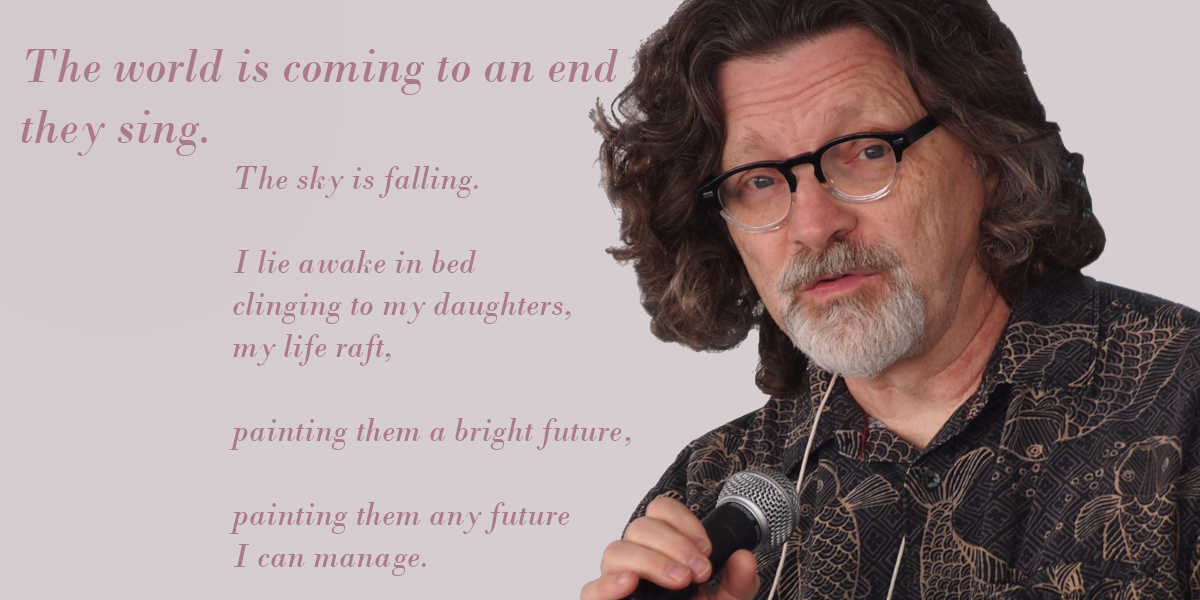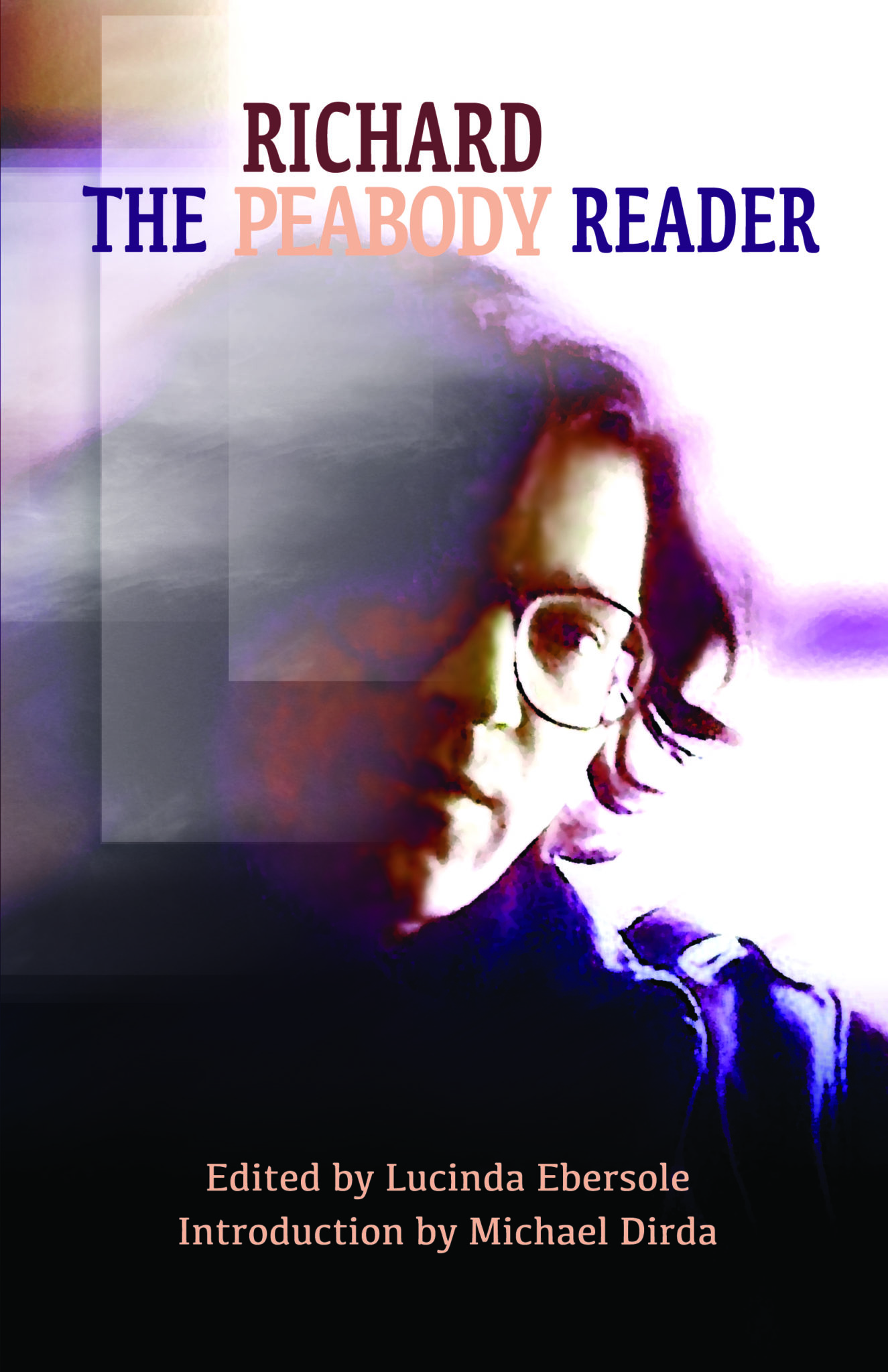Nuages (after Django Reinhardt), a poem by Richard Peabody
Today we share a poem from "The Richard Peabody Reader" centered on fatherhood with an interesting twist in homage to the famed jazz guitarist.

1
She’s lost amidst her sleeping cubs
like otters in a nature film.
One girl horizontal across the bed
the other vertical with her hair
fanned along my wife’s stomach.
How does she sleep?
Buttery moonlight spotlights skin.
Softens everything.
I watch from the doorway.
Earlier they were like tiny animals--
fighting sleep. Melting down.
“Read me another story.”
So how did I become a boring old fart
who writes poems like this one?
And yet there’s power
in this jumble of bodies,
in this simultaneous
breathing,
and I don’t wish
to disturb
this magic wife,
this family
that doesn’t appear
to need me at all.
2
My wife has flown to Brazil
so I’m in bed
curved around my daughters.
Impossible to sleep.
I listen for every breath.
One holds my hand
in dreamy dreams and the other
flops like a salmon and kicks
a leg over mine.
Our birds never seem to sleep either,
songs drifting upstairs
from trees below.
The world is coming to an end
they sing.
The sky is falling.
I lie awake in bed
clinging to my daughters,
my life raft,
painting them a bright future,
painting them any future
I can manage.
The banana moon
through the skylight.
Songs drifting
drifting
Bossa Nova
blue
tide.
Voltaire. Nietzsche. Kerouac. Peabody. Alan Squire Publishing did it right. The Richard Peabody Reader is a top-notch production. —Nathan Leslie, Pedestal Magazine
Until I wrote the introduction to the book I was unaware of how good a writer he is, and I think more people should be aware of him. In my view The Richard Peabody Reader should have lots of readers. Not only is he a good writer, he is very entertaining and funny. And very sexy, too.— Michael Dirda, Pulitzer Prize Winning Critic
Few write with as much brilliance and variety as Richard Peabody. Spanning nearly forty years, The Richard Peabody Reader offers us a buffet of Peabody’s poetry and prose from 1976 to the present that includes nostalgia, tragedy, despair, wit, surrealism, sex, and even science-fiction. This is an immensely entertaining collection of decades of work by a writer whose powers never lag and whose creativity seems to know no limits. —Mary Mackey, author of The Dear Dance of Eros and The Last Warrior Queen
